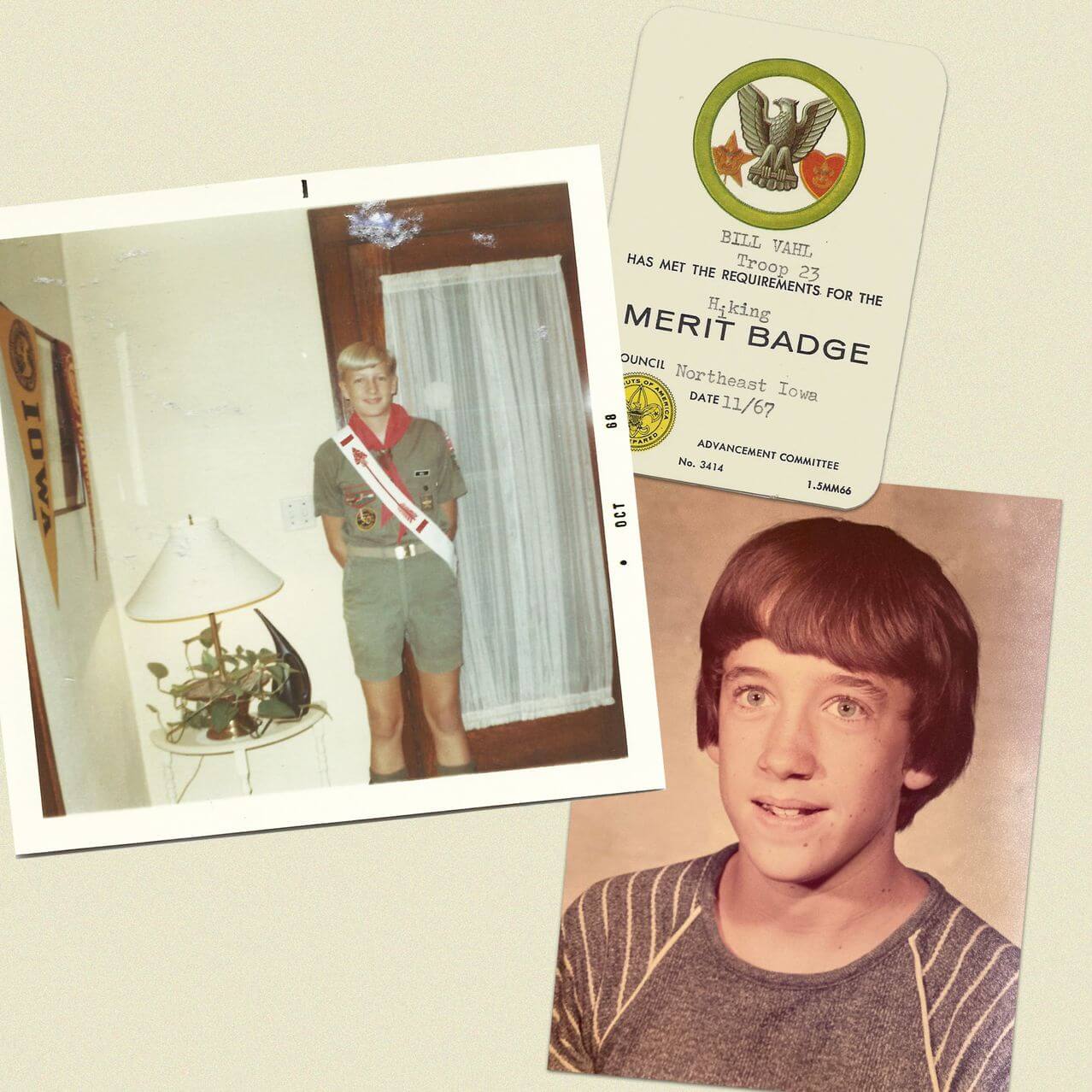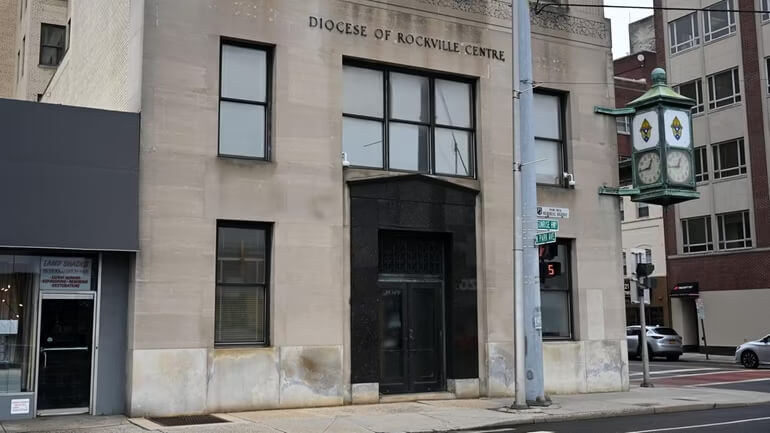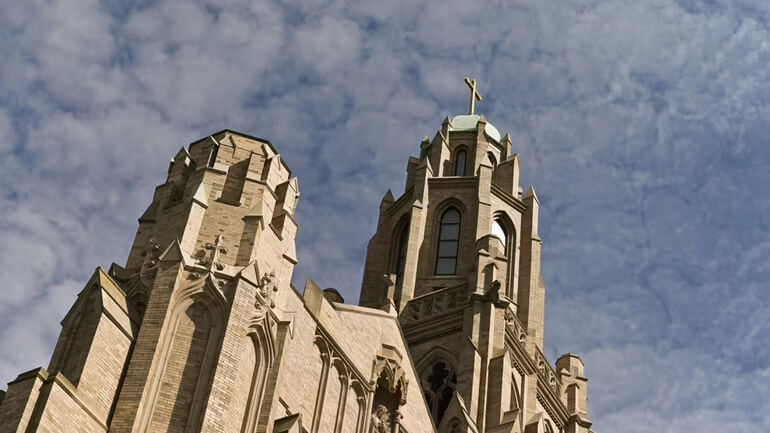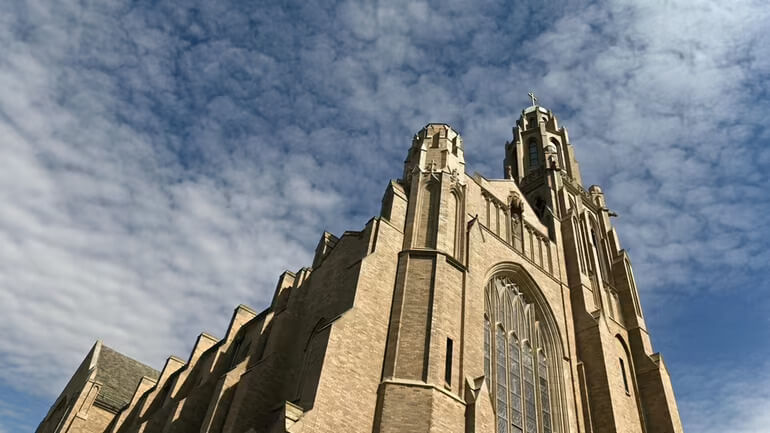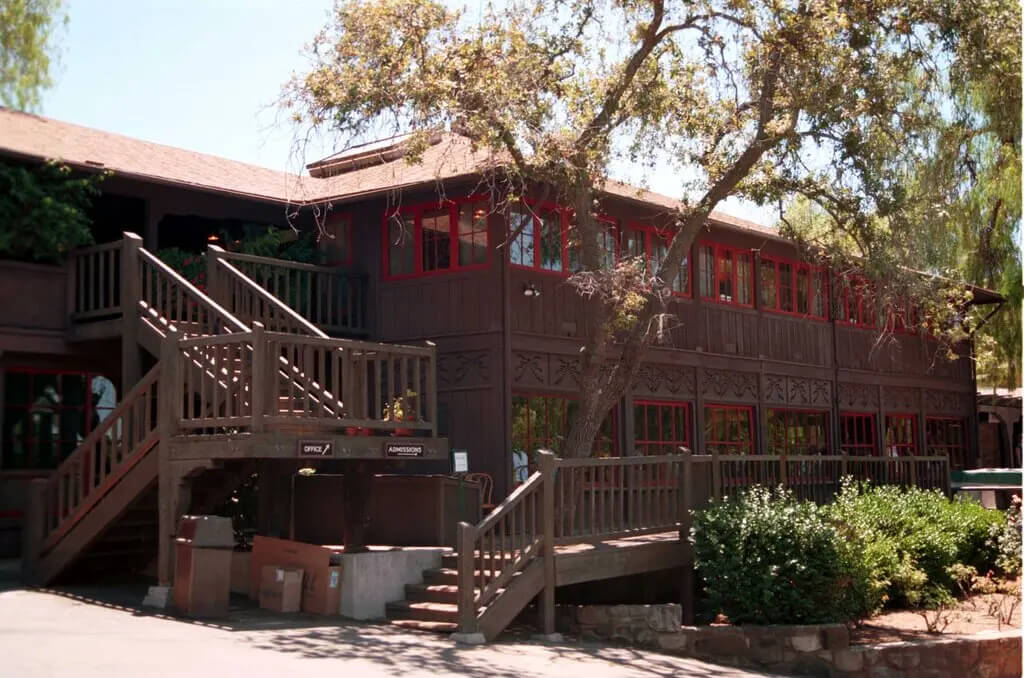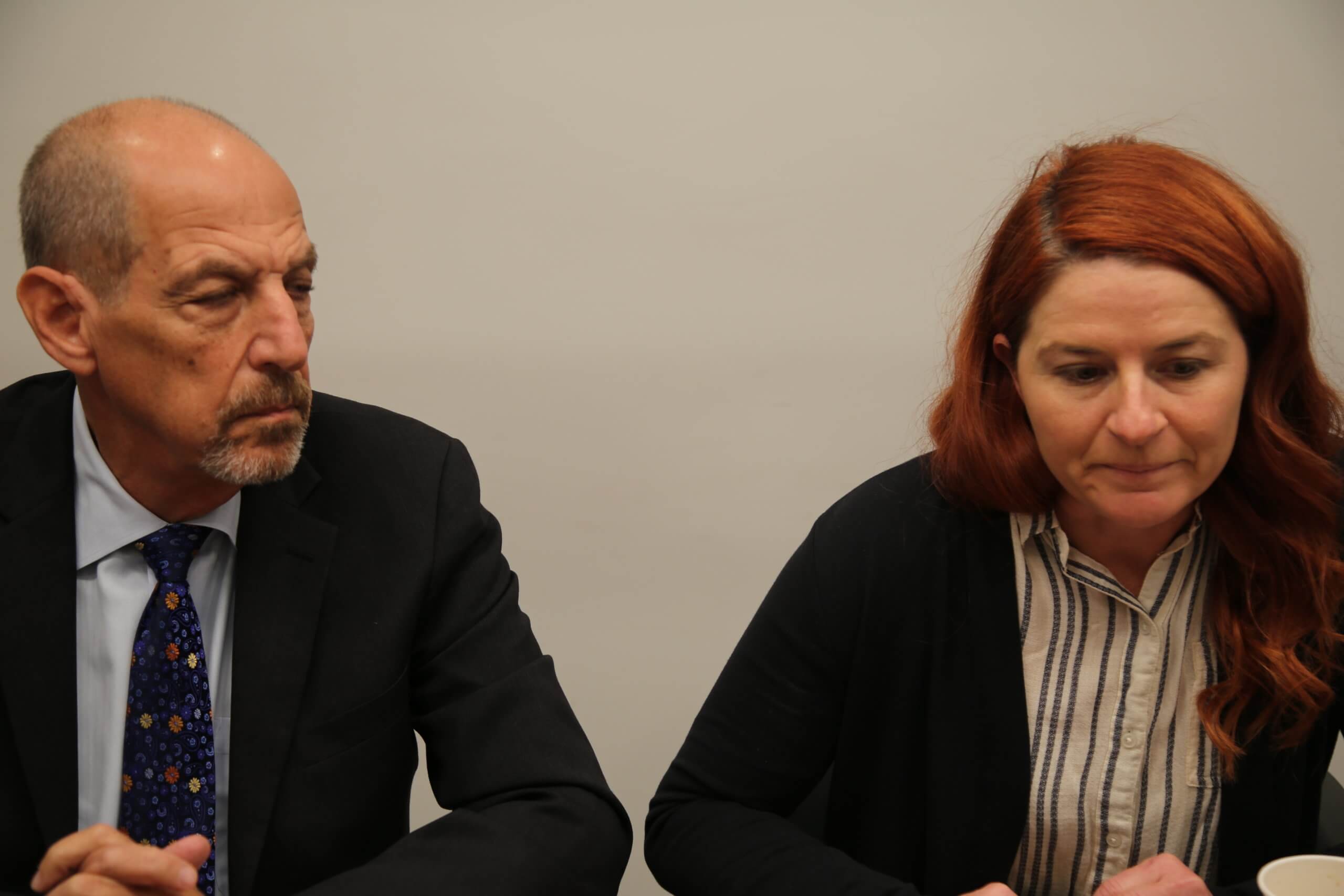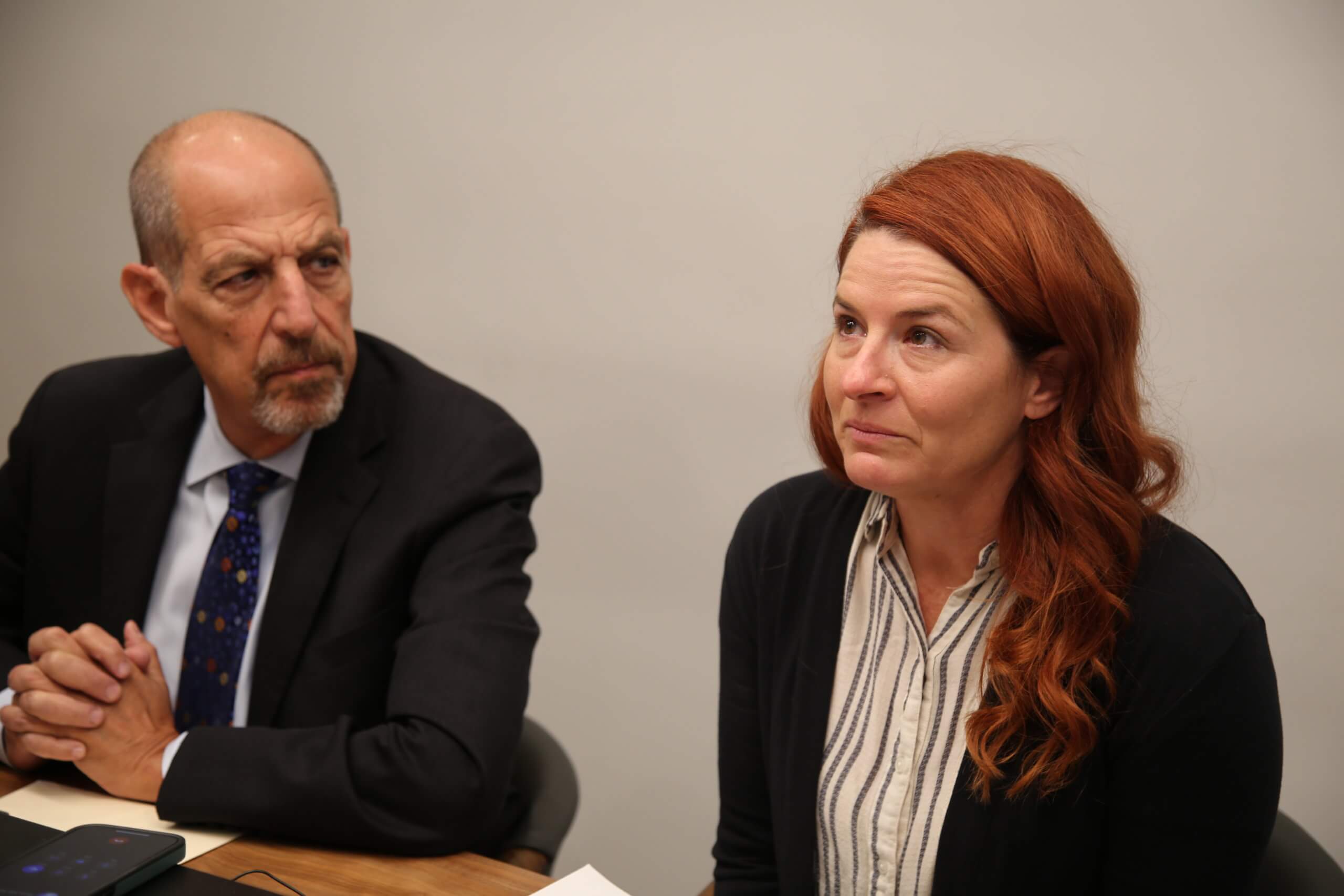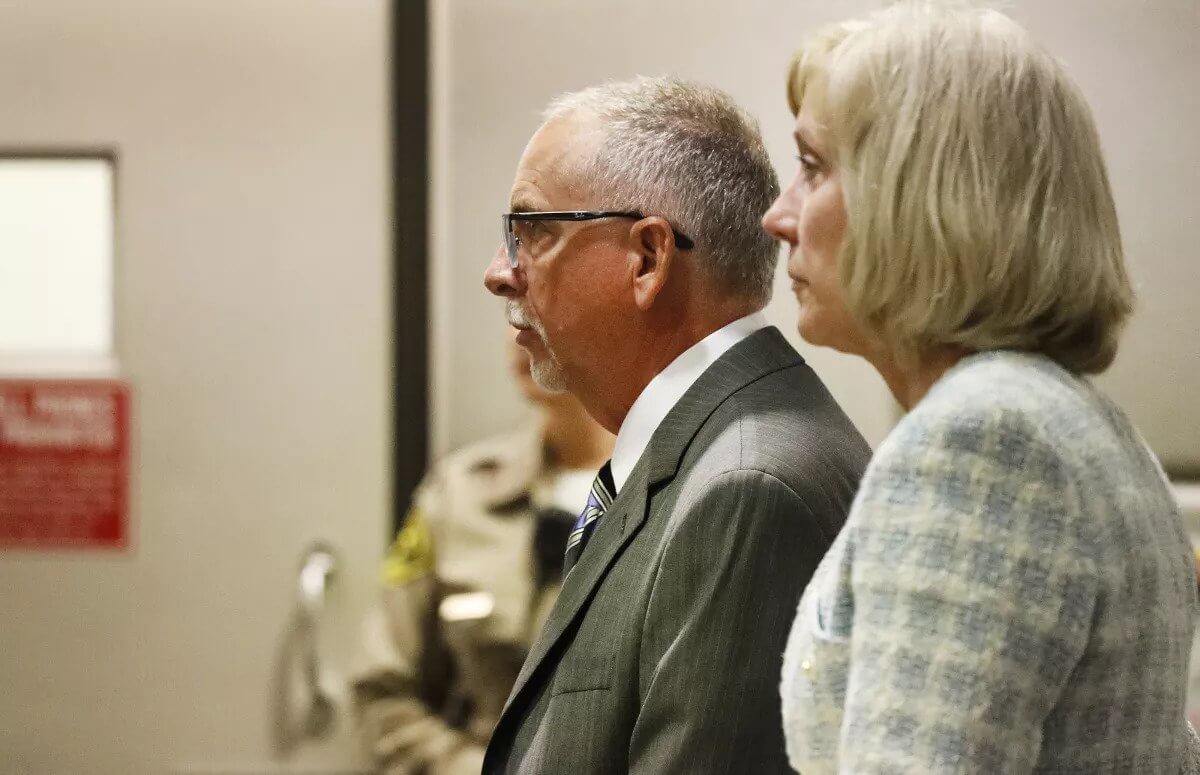A patchwork of statutes of limitations in the U.S. means a victim of childhood sex abuse may be able to sue in Maine but not Michigan. But advocates say much progress has been made.
Amanda Lee Myers | USA TODAY
By the time Jennifer Christiansen Vurno recognized the trauma of her sexual abuse as a teenager and found the courage to come forward, it was too late for criminal charges to be filed.
She was 43 and had missed California’s criminal statute of limitations by just three years.
But because of a growing movement to allow survivors of childhood sexual abuse to seek justice decades after their assaults, Vurno was able to file a lawsuit against the exclusive California private school where she said she was abused.
“To get to this point, I had to really come to terms with what happened to me was wrong,” Vurno told USA TODAY shortly after filing the lawsuit. USA TODAY doesn’t typically name sexual assault survivors but Vurno said she wanted to go public to encourage others to speak up.
Vurno herself was inspired by the victims of former USA Gymnastics doctor Larry Nassar and former University of Southern California gynecologist Dr. George Tyndall.
“Each one of them that came forward gave me the strength to recognize that what happened to me was not only not okay, but it was criminal … and then realizing that there is a reason why I was suffering so badly,” she said.
The Thacher School: Decades of abuse uncovered but unpunished at exclusive California private school
By filing the lawsuit, Vurno hopes to hold the school accountable and find healing in finally being able to stand up in court and call out her abuser.
But that’s not an option for many other victims.
Civil lawsuits for survivors of childhood sex abuse are only available in a select number of states, and even then mostly only temporarily, creating a patchwork of accountability for child predators and the institutions that protect them.
‘Voiceless’ victims speak up
The average age of survivors to disclose their abuse is 52, according to CHILD USA, a think tank that focuses on preventing child abuse and neglect.
Many survivors never disclose their abuse because of deep trauma and shame, said Marci Hamilton, an expert on statutes of limitation who has been tracking such legislation for two decades with CHILD USA.
“It is one of those crimes that’s almost like murder in the fact that the victim is rendered voiceless and the perpetrators benefit from short statutes of limitation to continue to keep them silent,” she said.
Across the country, only two states have completely eliminated their civil statute of limitations for childhood sex abuse victims. Vermont got rid of its statute in 2019. And last year, so did Maine – three men and a woman there filed lawsuits this week against the Roman Catholic Diocese stemming from alleged abuse as far back as the 1950s.
Vermont and Maine are part of a movement that began in the early 2000s following the Boston Globe’s investigation that uncovered sexual abuse in the Catholic Church.
California was the first state to pass legislation that temporarily reopened the civil statute of limitations, giving abuse survivors a one-year window to sue in 2002, opening a floodgate of 850 lawsuits against the Catholic Church. Three hundred others filed lawsuits against other churches and institutions, including the Boy Scouts.
This is their playbook: The Catholic Church and Boy Scouts are lobbying against child abuse statutes
Since then, similar windows have opened up in states including Arkansas, Delaware, Hawaii, Louisiana, New York and New Jersey. California and Hawaii have opened windows multiple times.
“Every single year gets better,” Hamilton said. “The future is that there’ll be no statues of limitations as a barrier in child sex abuse cases.”
‘Justice really depends on where you live’
In 2019, California once again opened a window for survivors of childhood sex abuse to file lawsuits. The window closes at the end of the year, on Dec. 31.
Vurno filed her lawsuit in November, just 46 days before the deadline. She sued the Thacher School in Ojai, saying the institution knowingly hired a sexual predator who went on to repeatedly abuse her when she was just 17.
Her attorney, Paul Mones, said his office has seen “a big onslaught” of potential clients trying to file before the end of the month.
In Ohio: Former Boy Scouts push for new law as they seek relief for child sex abuse
At this point, given some of the vetting that’s needed before such a suit can be filed, “it’s very difficult to take any new cases,” he said.
“A lot of people will be unable to file their cases because they didn’t act in time,” said Mones, who has represented sex abuse victims in more than 40 states.
And then there are the people in more than two dozen states who can’t file at all.
“Justice really depends on where you live,” he said.
Mones, other attorneys who represent sex abuse victims and survivor advocates hope to see more statutes fall, but some powerful forces have created hurdles.
A USA TODAY investigation in 2019 found that many special interests have effectively opposed efforts to give survivors more time to sue. The most powerful opponents include the insurance industry, the Catholic Church and the Boy Scouts of America, who collectively have had to shell out hundreds of millions of dollars for abuse claims.
Their arguments have centered on calling such legislation unfair.
In 2018, the Most Rev. Wilton Gregory, then-archbishop of the Archdiocese of Atlanta, said lawsuits against institutions for decades-old abuse are “very difficult if not impossible to defend.”
That concern was repeated by Boy Scouts of America lobbyist Edward Lindsey.
“Time corrodes evidence,” Lindsey told Georgia’s Senate Judiciary Committee. “You wait 20, 30, 40 years before you bring a suit, you make it very difficult on a defendant to defend himself.”
Taking back control
The lobbying has caused some victims’ attorneys and advocates to fear ever completely eliminating statutes of limitations, but there’s plenty of reason to hope.
It’s not just about money. It’s about what’s right, they say.
For many victims whose cases are too old to pursue criminal charges, civil lawsuits allow them to get in the driver’s seat, high-profile California attorney Allred told USA TODAY.
“Civil actions are extremely important because they are very empowering,” she said. “It’s very important to be able to have a victim know that she has control. Control is something she lost when she was victimized.”
Includes reporting from Marisa Kwiatkowski and John Kelly.
View news article Opens in a new window


